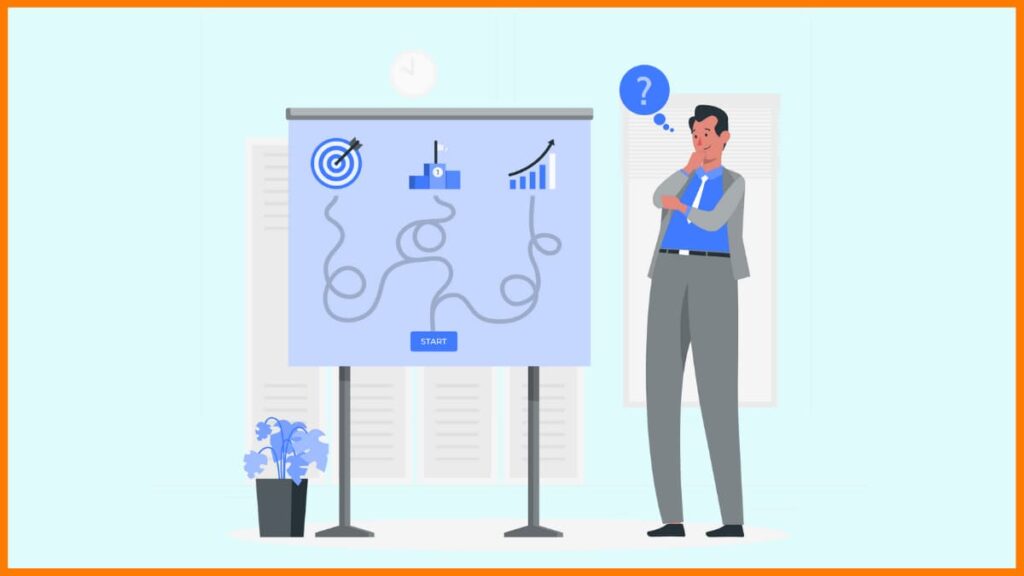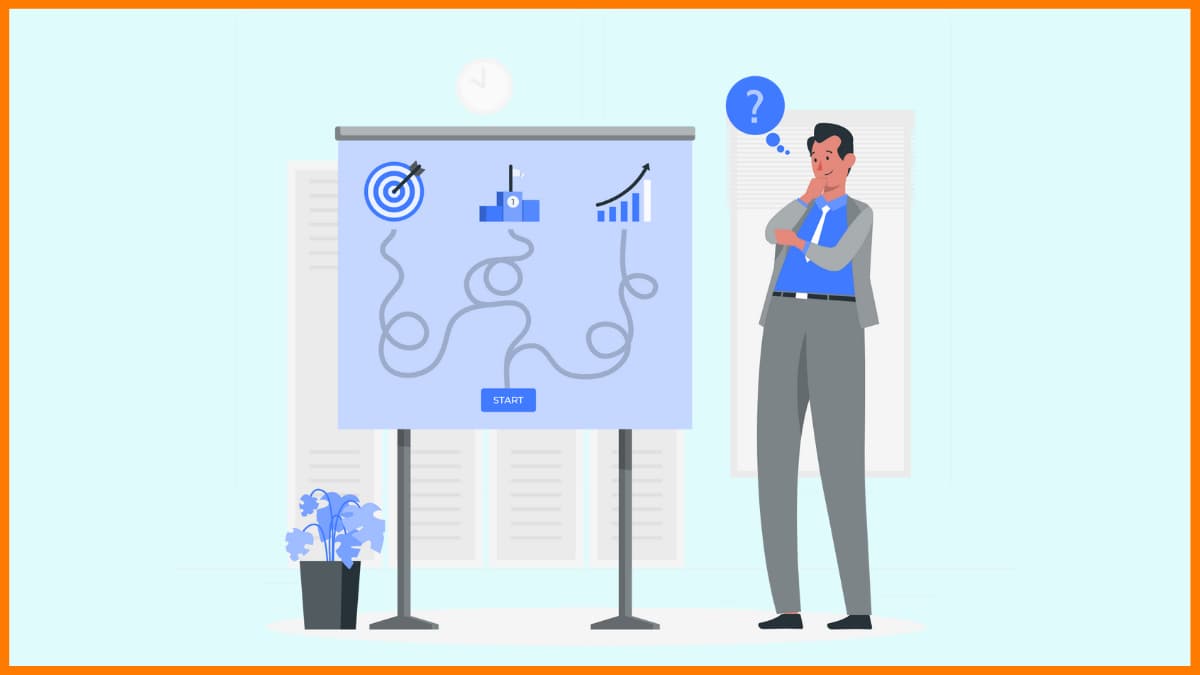
Navigating Life’s Crossroads: Mastering the Art of Making Tough Decisions
Life is a series of decisions, some small and inconsequential, others monumental and life-altering. While choosing between coffee or tea might be a breeze, grappling with career changes, relationship challenges, or ethical dilemmas requires a different level of consideration. These tough decisions can feel paralyzing, filled with uncertainty and the potential for regret. But mastering the art of making tough decisions is a crucial skill for personal and professional growth. This article will explore the frameworks, strategies, and psychological insights to help you navigate these critical moments with clarity and confidence. We’ll delve into the importance of understanding your values, gathering information, and evaluating potential outcomes, ultimately empowering you to make choices that align with your goals and lead to a more fulfilling life. Making tough decisions doesn’t have to be daunting; it can be an opportunity for growth.
Understanding the Psychology of Decision-Making
Before diving into strategies, it’s essential to understand the psychological factors that influence our decision-making process. Cognitive biases, emotional influences, and societal pressures can all cloud our judgment and lead to suboptimal choices.
Common Cognitive Biases
- Confirmation Bias: Seeking out information that confirms existing beliefs while ignoring contradictory evidence.
- Availability Heuristic: Overestimating the likelihood of events that are easily recalled, often due to their vividness or recent occurrence.
- Anchoring Bias: Over-relying on the first piece of information received (the “anchor”) when making decisions.
- Loss Aversion: Feeling the pain of a loss more strongly than the pleasure of an equivalent gain.
- Framing Effect: How information is presented (e.g., framed as a gain or a loss) can significantly impact choices.
Being aware of these biases is the first step in mitigating their influence. Actively seeking diverse perspectives, questioning assumptions, and using data-driven approaches can help to counteract these cognitive traps. Recognizing these biases helps us make more informed and rational tough decisions.
Emotional Influences
Emotions play a significant role in decision-making. Fear, anxiety, excitement, and anger can all sway our judgment, often leading to impulsive or irrational choices. Learning to recognize and manage these emotions is crucial for making sound decisions. Techniques like mindfulness, deep breathing, and emotional regulation exercises can help to calm the mind and create space for rational thought. Sometimes, stepping away from the situation to clear your head can be beneficial when facing tough decisions.
A Framework for Making Tough Decisions
A structured approach can significantly improve the quality of your decisions. Here’s a framework to guide you through the process:
Define the Problem
Clearly articulate the decision you need to make. What are the specific issues or challenges you’re facing? What are the desired outcomes? A well-defined problem is half-solved. Be as specific as possible when defining the tough decisions you need to make.
Gather Information
Collect all relevant data, facts, and perspectives. Research the potential consequences of each option. Talk to experts, mentors, and trusted advisors. The more information you have, the better equipped you’ll be to make an informed decision. Don’t rely solely on your own assumptions; seek out diverse viewpoints. Gathering information is crucial for informed tough decisions.
Identify Alternatives
Brainstorm a range of potential solutions. Don’t limit yourself to the obvious choices. Consider unconventional approaches and creative solutions. The more alternatives you have, the greater your chances of finding the best possible outcome. Think outside the box when exploring alternatives for tough decisions.
Evaluate Alternatives
Weigh the pros and cons of each alternative. Consider the short-term and long-term consequences. Assess the risks and rewards associated with each option. Use a decision matrix or other tools to systematically evaluate the alternatives. This step is vital for making well-reasoned tough decisions.
Make the Decision
Based on your evaluation, choose the alternative that best aligns with your values, goals, and priorities. Trust your judgment and commit to your decision. Even if the outcome is uncertain, having a clear rationale for your choice will provide a sense of control. Don’t second-guess yourself excessively after making tough decisions.
Implement and Monitor
Put your decision into action. Develop a plan and track your progress. Be prepared to adjust your course if necessary. Monitor the outcomes of your decision and learn from your experiences. This iterative process will help you refine your decision-making skills over time. Learning from the outcome of your tough decisions is crucial for future improvement.
Tools and Techniques for Decision-Making
Several tools and techniques can aid in the decision-making process:
- Decision Matrix: A table that lists alternatives and criteria, allowing you to systematically evaluate each option.
- SWOT Analysis: A strategic planning tool that identifies strengths, weaknesses, opportunities, and threats.
- Cost-Benefit Analysis: A method for comparing the costs and benefits of different options.
- Scenario Planning: A technique for exploring potential future scenarios and developing contingency plans.
- Root Cause Analysis: A problem-solving method that identifies the underlying causes of a problem.
Ethical Considerations in Tough Decisions
Ethical considerations should always be a part of the decision-making process, especially when facing tough decisions. Consider the impact of your choices on all stakeholders, including employees, customers, shareholders, and the community. Adhere to ethical principles such as honesty, fairness, and respect. Seek guidance from ethics codes, legal counsel, or trusted advisors when facing ethical dilemmas. Making ethical tough decisions is crucial for maintaining integrity and building trust.
The Role of Intuition
While rational analysis is important, intuition can also play a valuable role in decision-making. Intuition is often based on subconscious processing of information and past experiences. Learning to trust your gut feeling can sometimes lead to insightful decisions. However, it’s important to balance intuition with rational analysis and to be aware of potential biases. Intuition can be a helpful guide when making tough decisions, but it shouldn’t be the sole basis for your choice.
Coping with Regret
Even with the best intentions and a thorough decision-making process, regret is sometimes inevitable. It’s important to learn from your mistakes and to avoid dwelling on past decisions. Focus on the present and the future, and use your experiences to improve your decision-making skills. Practice self-compassion and remember that everyone makes mistakes. Acknowledging and learning from regret is a part of navigating tough decisions.
Seeking Support
Don’t be afraid to seek support from others when facing tough decisions. Talk to friends, family, mentors, or therapists. Sharing your concerns and getting feedback from others can provide valuable insights and emotional support. Sometimes, simply talking through the problem can help you clarify your thoughts and make a more informed decision. Remember that you don’t have to face tough decisions alone.
Examples of Tough Decisions
Career Change: Deciding whether to leave a stable job for a new opportunity with higher potential but greater risk.
Relationship Challenges: Deciding whether to stay in a troubled relationship or to end it.
Financial Investments: Deciding whether to invest in a risky but potentially lucrative venture.
Ethical Dilemmas: Deciding how to act in a situation where there are conflicting ethical principles.
Relocation: Deciding whether to move to a new city or country for personal or professional reasons.
Conclusion
Making tough decisions is an inevitable part of life. By understanding the psychology of decision-making, using a structured framework, and leveraging available tools and techniques, you can improve your ability to navigate these critical moments with confidence and clarity. Remember to consider ethical implications, trust your intuition (but balance it with rational analysis), and seek support when needed. Ultimately, mastering the art of making tough decisions will empower you to live a more fulfilling and purposeful life. Learning how to approach tough decisions is a skill that will serve you well throughout your life.
[See also: Overcoming Decision Fatigue] [See also: The Power of Intuition in Decision Making] [See also: Building Resilience in the Face of Adversity]

